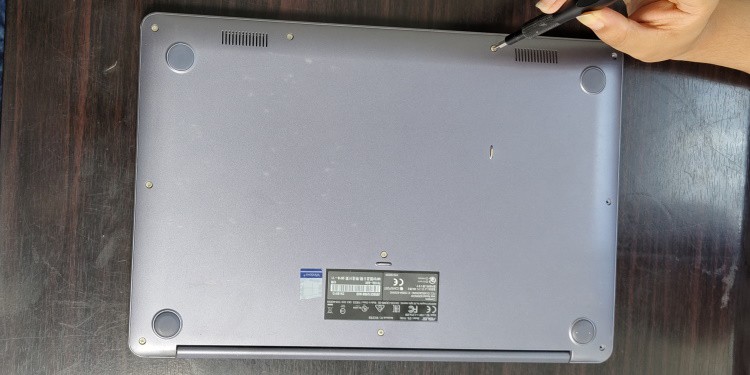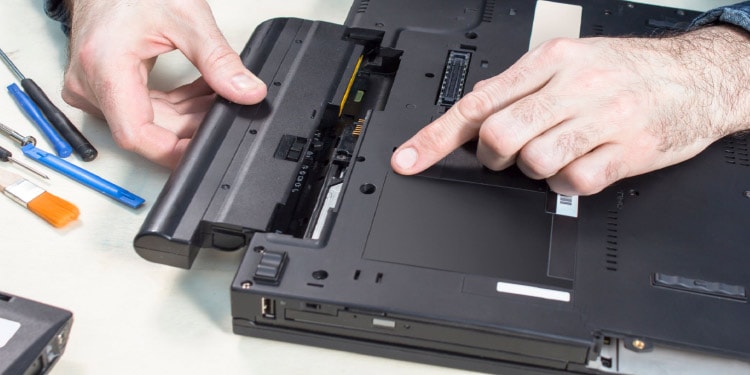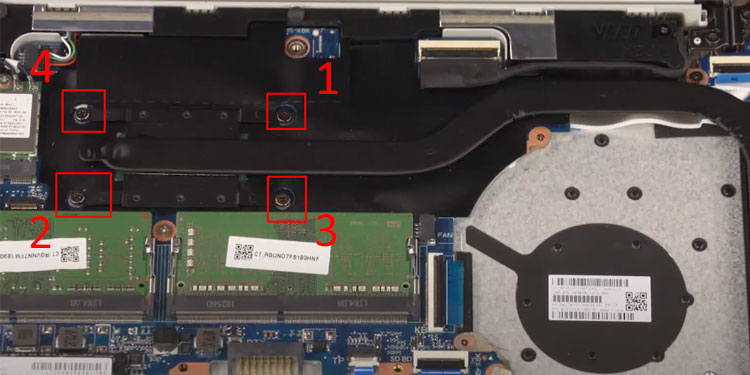If your laptop has a discrete graphics card, most likely the GPU chip is soldered to the motherboard. You can’t replace or upgrade such a GPU. Thus, in both the above cases, your only hope for a powerful GPU is to look for an external GPU enclosure. However, do not give up all hope yet. Some laptop manufacturers adhere to the MXM standard and if you happen to have such a laptop, then your laptop’s graphics card is upgradable. We’ll be talking about the MXM GPUs and how to replace/upgrade them in the article below, so stick around.
Why Would You Need to Upgrade Laptop GPU
Upgrading the GPU
When it comes to upgrading a laptop’s GPU, you basically have two options depending upon your laptop’s GPU. These are: If your laptop has an MXM GPU, you can opt for any of the above two options. If not, then the external GPU enclosure is your only available upgrade path.
External GPU Enclosure
If your laptop has an integrated graphics, or a discrete GPU that is soldered to the motherboard, and you wish to upgrade the GPU, then you will need to obtain an external GPU enclosure. These enclosures are like a small PC casing that is designed to house a desktop-grade GPU, and nothing else. They have a PCIe slot to interface with a compatible GPU of your choosing, and they come with their own power supply and cooling fans. You will need either a thunderbolt, or alt-mode USB-C support on your laptop to connect and fully utilize the GPU. You will need to procure a suitable desktop graphics card and a compatible external enclosure for this upgrade. If you’re unsure regarding GPU and enclosure suitable for your laptop, there are helpful websites that can suggest you a proper eGPU build. Thereafter, follow the steps below to install your external GPU.
Preparing for eGPU Installation
Installing the eGPU
If the eGPU enclosure can connect to the laptop using thunderbolt interface, either via thunderbolt cable or an alt-mode USB-C, then all you need to do is to connect them using a thunderbolt or USB-C cable. If your laptop is a few generations older, then you might not have a thunderbolt or alt-mode USB-C port in your laptop. However, there might be an ExpressCard slot in the laptop. If that’s you, then please know that some device manufacturers provide their own external GPU enclosure that can connect to the laptop via an ExpressCard slot. The Asus XG Station is one such example. In such a case, you will need to procure an external casing for the GPU and a compatible graphics card of your choice and follow the installation procedure that came with the e-GPU casing.
Upgrading the MXM Graphics Module
If your laptop has a GPU designed with Mobile PCI Express Module (MXM) interconnect standard, then it can be replaced or upgraded. These cards are rectangular shaped add-on cards that connect to the motherboard using an end-connector, similar to how you’d install a RAM module on the laptop. Most recent mobile GPUs to implement MXM interconnect standard are: NVidia Geforce GTX 965M, 970M, 980M, 980, 1050 mobile, 1050ti mobile, 1060 mobile (Clevo), 1060 mobile (MSI), 1070 mobile (Clevo), 1070 mobile (MSI), 1080 mobile (Clevo), 1080 mobile (MSI GT73VR and GT83), Geforce RTX 2060 mobile (Clevo), 2070 mobile (Clevo), 2080 mobile (Clevo), Radeon RX 480, Radeon R9 M295X, etc. If your laptop has one of the above GPUs, then you can probably procure a compatible upgrade from the manufacturer. They can also provide you with the instruction for installation to their specific model of device. If you are replacing your graphics card, you’ll need to identify the type of your current MXM card. This is important for two reasons: For reference, the following are the MXM generations and types: Please obtain a compatible replacement MXM GPU and follow the manufacturer’s guidelines on how to correctly install it. We’ve also outlined the general guideline below as a reference.









